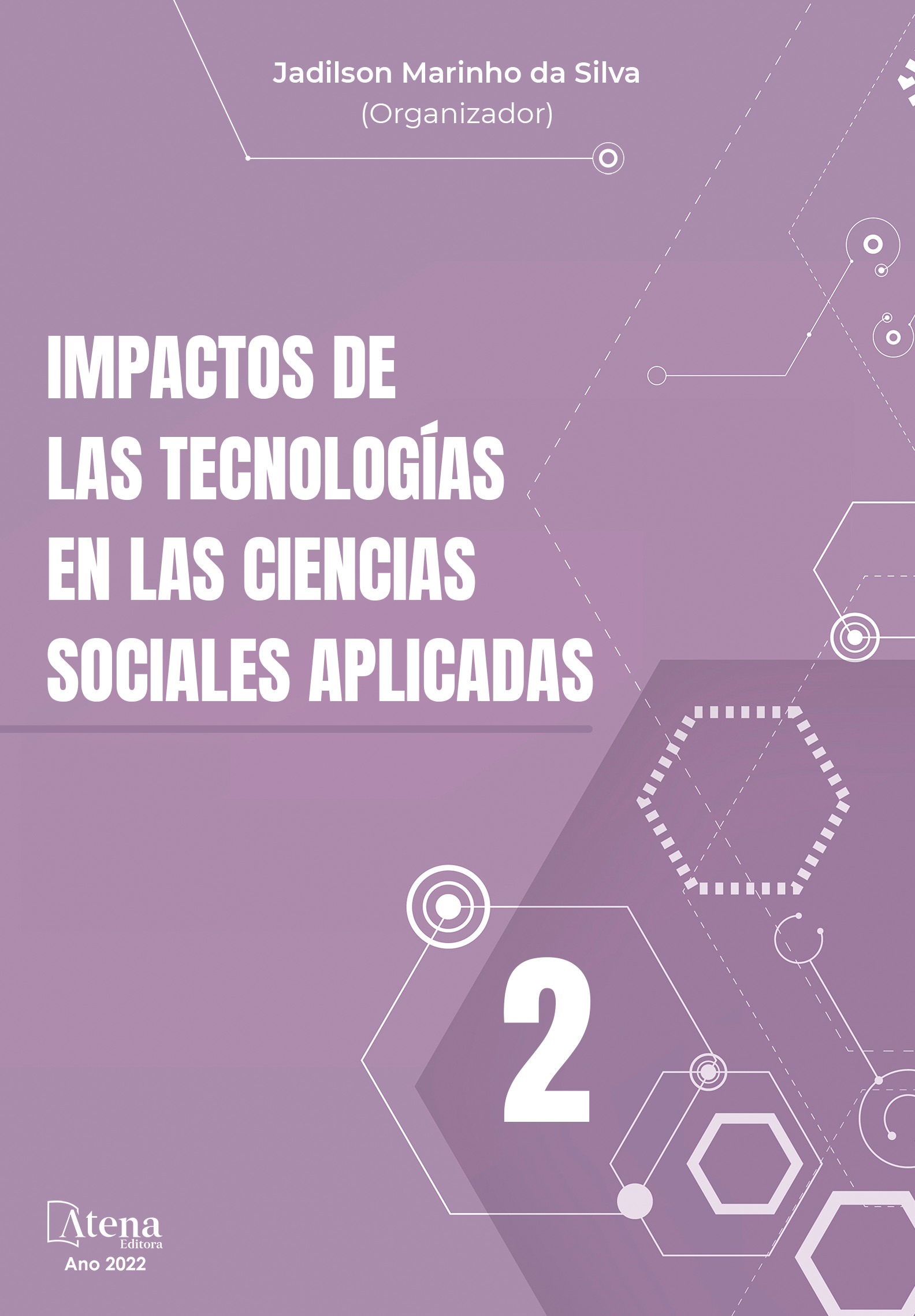
Usted no está sola, por eso es importante tener a Dios…” La concepción sobre los ángeles y los demonios en la iglesia Templo Evangélico Pentecostés Emmaus, en Xalapa, Veracruz
Esta comunicación reflexiona sobre la concepción dual “Espíritu Santo y ángeles/ Diablo y demonios” entre los miembros del Templo Evangélico Pentecostés Emmaus, en la ciudad de Xalapa, Veracruz. Analiza los mecanismos de manifestación de estas entidades espirituales en la vida de los creyentes y su carácter explicativo del mundo y de los acontecimientos de la vida cotidiana. Recupera la propuesta teórico- metodológica del Embodiment de Csordas (1990) para entender el modo en que estas entidades se constituyen como objetos culturales, trascienden el dominio religioso y forman parte del bagaje de estos sujetos. A partir de una aproximación etnográfica a los miembros de esta iglesia, que me permitió acceder a sus creencias, representaciones y prácticas, pude constatar que las nociones de los ángeles y demonios juegan un papel central, ambas entidades fungen como reguladores de la conducta humana y los ángeles son concebidos como mediadores entre los sujetos y Dios.
Usted no está sola, por eso es importante tener a Dios…” La concepción sobre los ángeles y los demonios en la iglesia Templo Evangélico Pentecostés Emmaus, en Xalapa, Veracruz
-
DOI: 10.22533/at.ed.7492220053
-
Palavras-chave: Espíritu Santo, ángeles, Diablo, demonio, Embodiment, preobjetiva, habitus, sujeto religioso.
-
Keywords: Holy Spirit, angels, Devil, demon, Embodiment, preobjetive, habitus, religious subjet.
-
Abstract:
This communication reflects on the dual conception “Holy Spirit and angels / Devil and Demons” among the members of the Emmaus Pentecost Evangelical Temple, in the city of Xalapa, Veracruz. It analyzes the mechanisms of manifestation of the spiritual entities in the lives of believers and their explanatory nature of the world and the events of daily life lives of believers and their explanatory nature of the world and the events of daily life. It recovers the
theoretical-methodological proposal of the Embodiment of Csordas (1990) to understand the way in which these entities are constituted as cultural objects, transcend the religious domain and are part of the baggage of these subjects. From an ethnographic approach to the members of this church, which allowed me to access their beliefs, representations and practices, I was able to verify that the notions of angels and demons play a central role, both entities act as regulators of human behavior and angels are conceived as mediators between subjects and God.
-
Número de páginas: 15
- Alicy Aimet Guevara Labaut*


